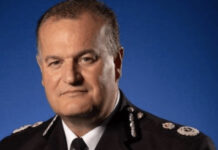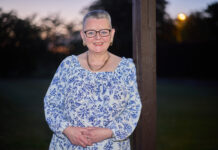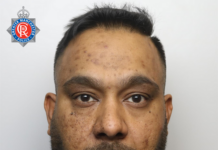One in four children who took part in the study said that they were not a child. This was most likely to be the case among pre-schoolers while secondary school pupils were more unsure. Primary school children were most likely to call themselves a child.
The research revealed that children’s definitions of being a child were rooted in dominant ideas that see children as immature and incompetent.
These ideas need challenging, say researchers, if children are to be respected as people, with rights and a contribution to make to society. The research tells us that to do this, we need to develop a more positive language for talking about children and childhood.
The research, conducted by Dr Kate Bacon, from Manchester Metropolitan University, and Dr Zoe O’Riordan from the University of Central Lancashire (UCLan) examined children’s definitions of being a child.
Almost 100 children from the North West aged two to 17 took part in the study, which is the first of its kind to ask children whether they see themselves as children.
Dr Bacon said: “Traditionally, children have been identified as children by adult-led views of childhood as a time of fun, innocence, play, learning and freedom from responsibility. Crucially, this informs and shapes policies and practices internationally.
“It’s interesting to find that not all children see themselves as children and we can’t take for granted that they do, so we need to try to understand that better.”
The research found that what children associated with being a child, changed across the different age groups.
Mentions of school unsurprisingly featured prominently among the primary and secondary age children while restriction was a key theme, especially for older children.
While age was mentioned by many of the children, there was no agreed number on what age childhood ended with 13,16 and 18 all being mentioned.
Dr O’Riordan said: “When we look at children’s understandings of what it means to be a child, we see that they sometimes draw on negative ideas and this explains why some children don’t want to be seen as a child.
“When children talked about their capabilities, these comments were given as explanations for why they were not a child. Very few talked about what they could do because they were a child.”
Dr Bacon added: “Some of the children used derogatory language about themselves such as being immature or calling themselves stupid, for example. They didn’t seem to have a language to talk positively about themselves.
“It’s perhaps not surprising that some children want to dissociate from that label as it’s still seen as a status which is attracting less power, fewer rights and so on.
“This is important because we are coming at this research from the discipline of childhood studies, which wants to promote children as individuals with views, rights and opinions, worthy of respect.”
“This is about children’s participation in society but if we want them to participate as recognised members of the community both children and adults need to have the language that enable them to talk about themselves in a positive way, without that there’s a vital piece of the jigsaw that’s missing.”







